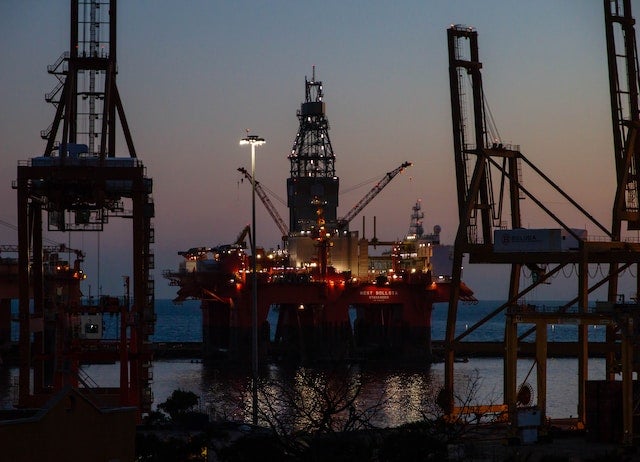
French energy and petroleum company TotalEnergies is reportedly considering acquisition of independent oil and gas company Neptune Energy Group.
TotalEnergies is among the potential buyers that have been engaged in early-stage discussions with Neptune, which could be worth more than $5bn, according to Bloomberg News report.
In November last year, Reuters reported that Italy-based Eni is in preliminary talks to acquire Neptune in a potential transaction worth around $5bn to $6bn.
Neptune is owned by China’s sovereign wealth fund China Investment Corporation (CIC), and private equity companies Carlyle Group and CVC Capital Partners.
It is focused on onshore and offshore oil and gas exploration and production services, with operations in Norway, Britain, Indonesia, Algeria, the Netherlands, among other territories.
The company produces around 130,000 barrels of oil equivalent per day (boed), with three-quarters of its production being gas.
In August last year, Neptune Energy unveiled its plans for an initial public offering, which did not see an opportunity due to the then financial markets conditions.
Separately, Neptune has partnered with Norwegian clean energy company Horisont Energi to explore CO2 storage projects off Norway, to store more carbon by 2030.
Earlier this month, Neptune Energy has signed an agreement with UK-based 3D technology company Eserv to create digital twin software for two platforms in the Dutch North Sea.
Under the terms of the agreement, Eserv will digitise the Neptune-operated D15-A and K12-C platforms that are located offshore Netherlands.
The new digital twin software is said to help engineers undertake traditional offshore work from an onshore location, to advance work schedules and reduce costs.




